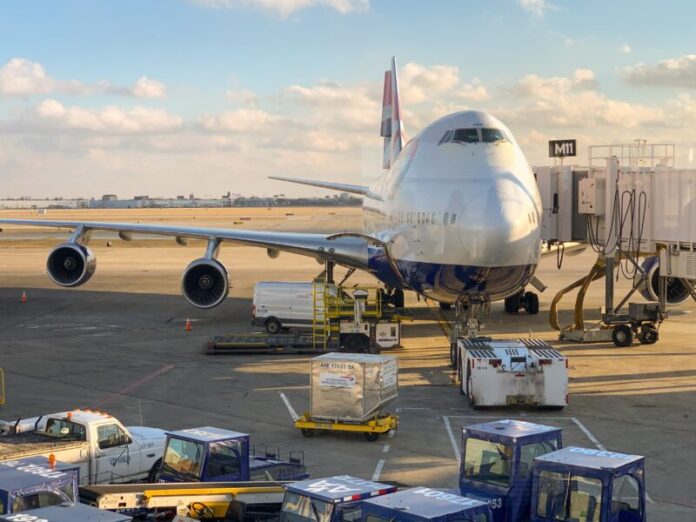
-
The air cargo industry suffers from lack of “true digital integration”, according to an International Air Transport Association official
-
Now is the time to adopt digitalization in the industry as the world goes more digital and clients and regulators require much faster information, said IATA eCommerce and Cargo Operations head Andre Majeres
-
Challenges for adopting digitalization include implementation of various new and multiple digital standards causing incompatibilities; increasing operation and regulatory needs to share shipment information at a piece-level; and greater need for data sharing, said IATA Operations, Safety, and Security (Cargo) Asia Pacific regional head David Wee
“True digital integration” remains lacking in the air cargo industry, according to an International Air Transport Association (IATA) official.
During a presentation at the recent first Philippines Air Cargo Day, IATA eCommerce and Cargo Operations head Andre Majeres noted the lack of data sharing–including of real-time data–and more active use of data to optimize operations. He called for greater process automation and exploring opportunities to adopt artificial intelligence in order to support decision-making processes.
“The digital era is now. So we need to (be a) bit more relevant… If we have… 10, 15 years’ gap always, we will always be left behind”, he said, noting that the world is already increasingly going digital and clients and regulators requiring much faster information.
By 2025, 24.3% of the global economy is going to go digital versus 15.5% in 2016. E-commerce, which is projected to only keep growing, remains a significant driver for air cargo volumes.
RELATED READ: IATA exec identifies 5 strategies to address e-commerce pain points
In a separate presentation during the same event, IATA Operations, Safety, and Security (Cargo) Asia Pacific regional head David Wee identified challenges to the industry’s adoption of digitalization. These include implementation of various new and multiple digital standards, causing truncated messages or loss of information from incompatibilities; increasing operation and regulatory needs to share shipment information at a piece-level; and the greater need for data sharing.
Wee noted more regulators are starting to require pre-loading data and information for risk assessment of shipments. He said other players still using legacy standards may not be able to comply with new regulations and not move forward with innovations such as internet of things and automation.
Customers, meanwhile, are now requiring higher commitment to promised delivery time, the ability to track their goods for the entire cargo journey, and transparency in the cargo process.
Wee said IATA is actively pushing for the adoption of electronic freight and electronic air way bill, with such programs as ONE Record, a standard for data sharing which creates a single record view of the shipment. ONE Record addresses the main challenges of electronic freight and unlocks the possibilities of a full digital air cargo industry.
Another IATA program, Interactive Cargo, aims to equip the air cargo supply chain with responsive air cargo services based on intelligent systems able to self-monitor, send real-time alerts, respond to deviations to meet customers’ expectations, and report on the cargo journey.
IATA’s vision is to have an end-to-end digital logistics and transport supply chain where data is easily and transparently exchanged in a digital ecosystem of air cargo stakeholders, communities and data platforms.
In IATA’s digital maturity survey last year, 170 responses from IATA members showed 76% have developed a comprehensive digitalization strategy and 70% have translated this to associated investments and adequate resources.
Digitalization is seen to improve accuracy of data quality and control and enhances regulatory compliance and standard operating procedures, thereby helping reduce fines and penalties. It also creates transparency and visibility, allowing the company to monitor itself and its service partners better; allows companies to expand across multiple partnerships easily and faster; enables data reuse, removing the need to manually key in data several times in various systems; and cuts processing time.
In addition, it improves commercial agility and allows faster adaption of business model to changing business landscape.
Operational efficiencies are improved, enabling companies to scale up operation with less reliance on labor. Finally, it promotes environmental sustainability and reduces carbon footprint.
The Philippines Air Cargo Day was organized IATA with the Philippine Multimodal Transport and Logistics Association and PortCalls. – Roumina Pablo




